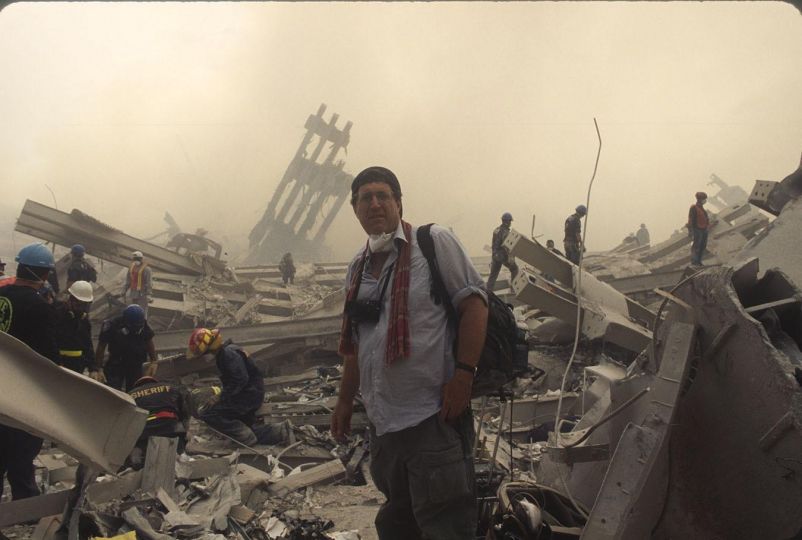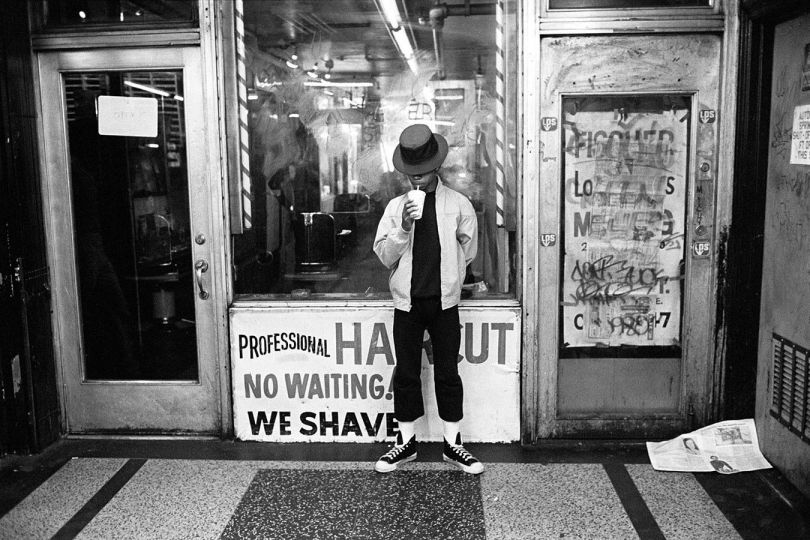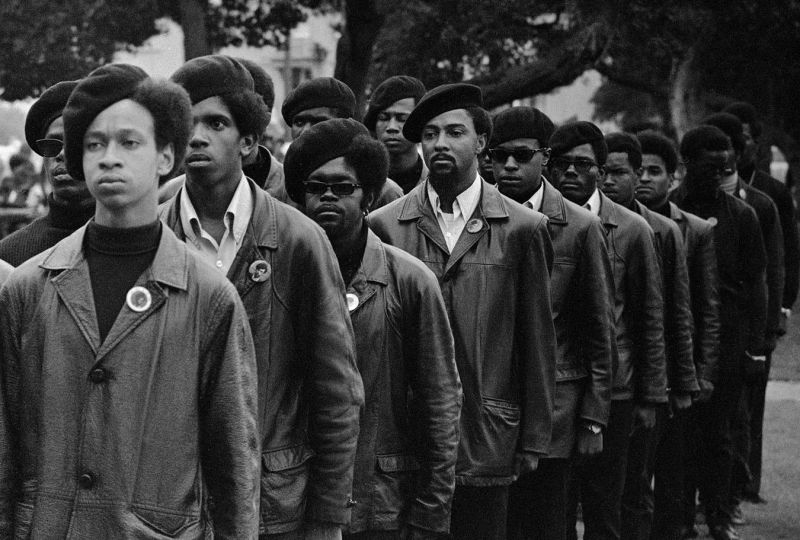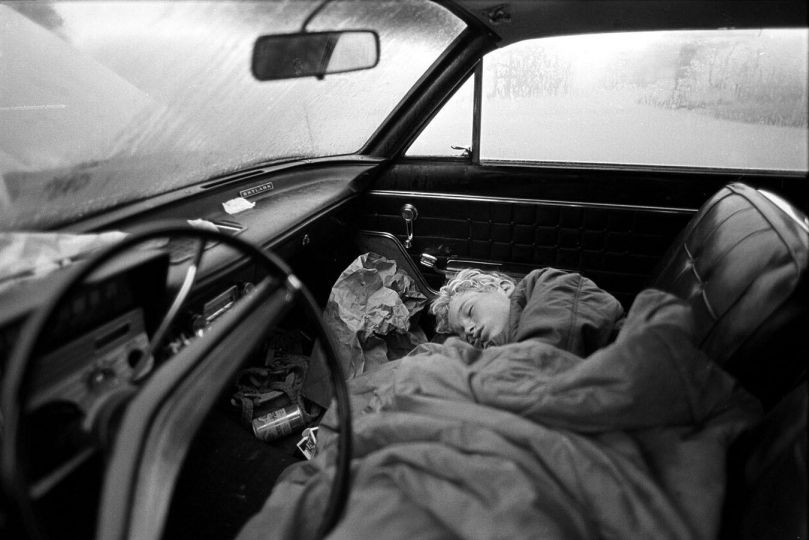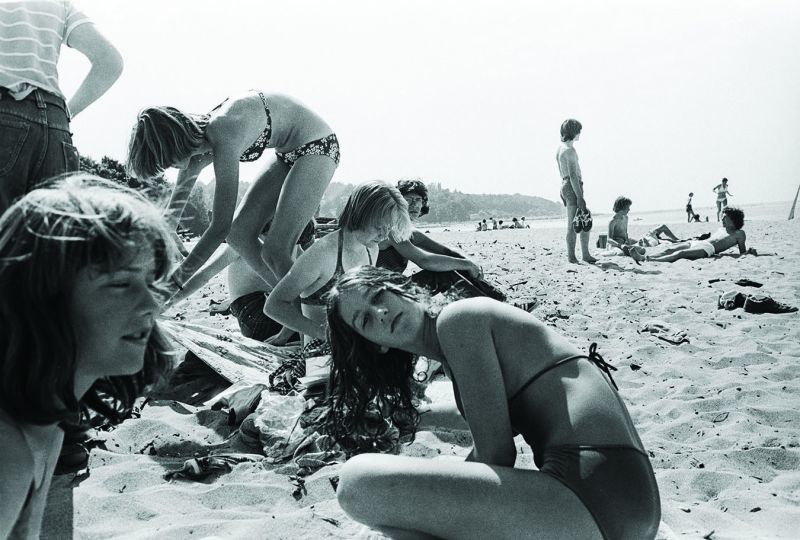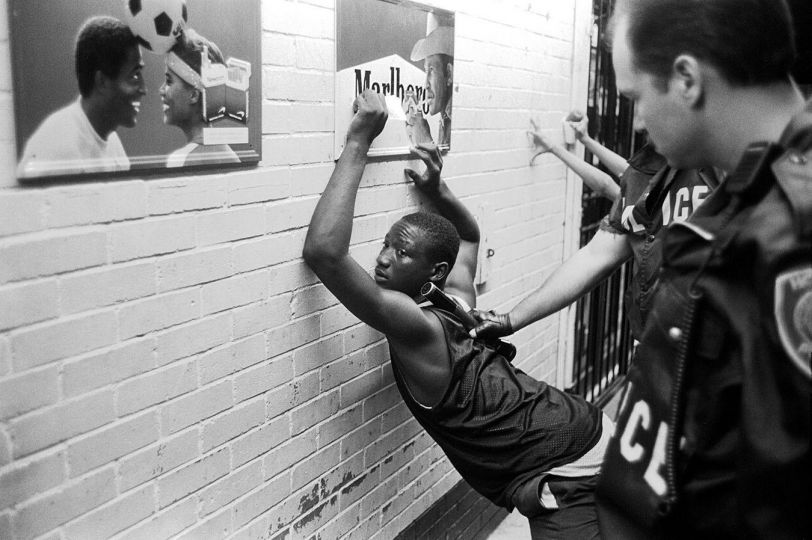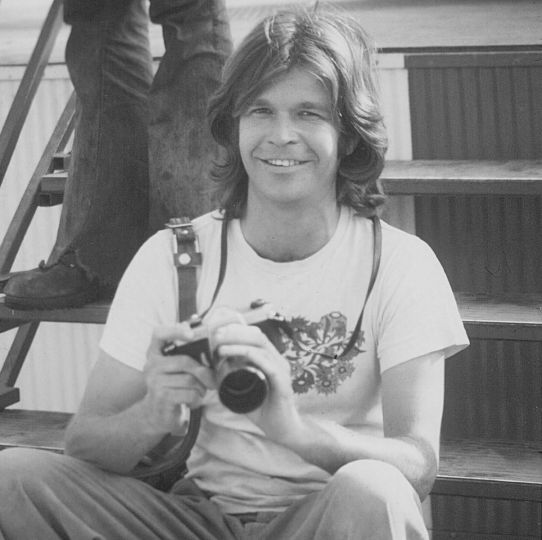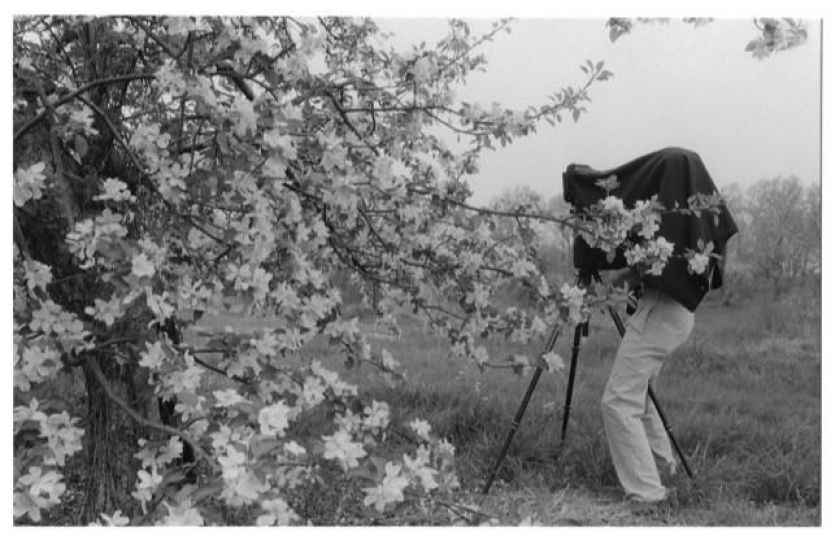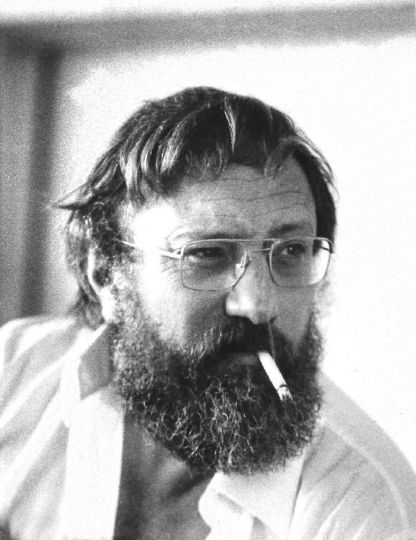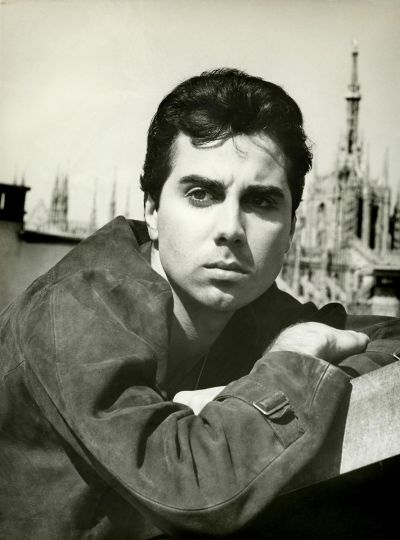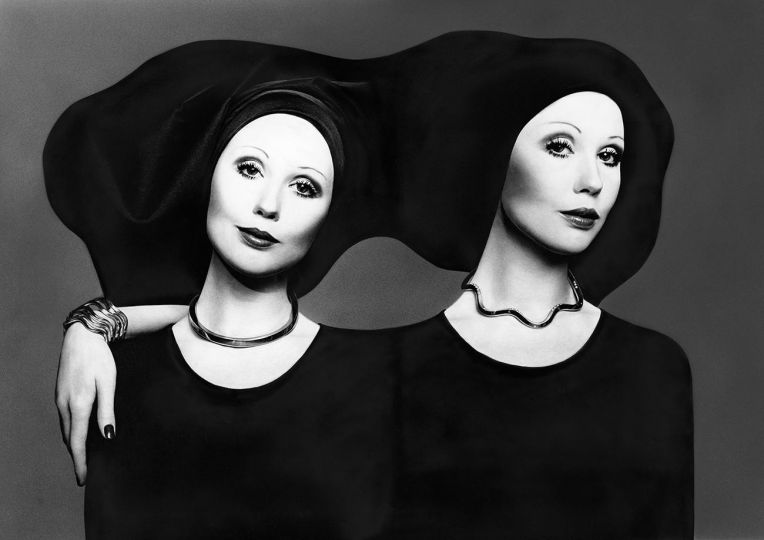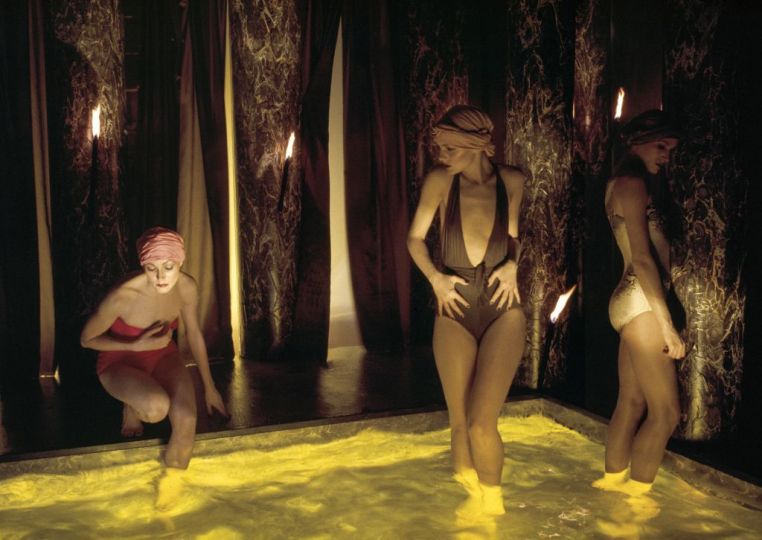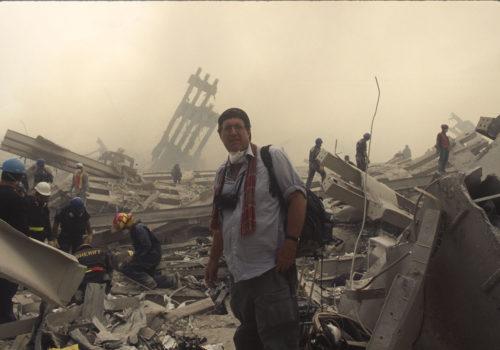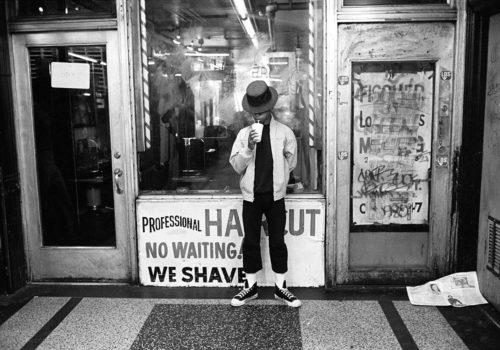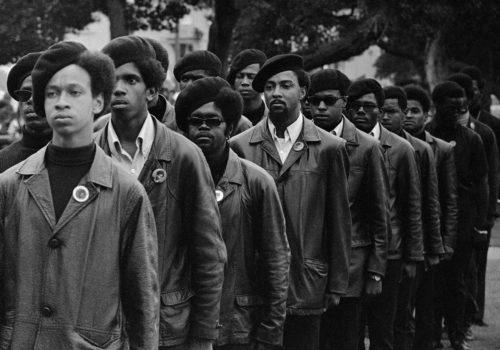At the end of the l970s, when Hervé Guibert was just a young man discovering the public interest in photography, he already wanted to be a great writer. His very personal chronicles in the daily newspaper Le Monde were written with remarkable precision. He had already published books, like his first work, La Mort Propagande, which had caused a scandal. I found in talking with those closest to him, his parents and his friends, that Hervé Guibert had always put words to work, using them to make us truly think, never an easy task-and to recognize reality. His book L’Image Fantôme remains, after Roland Barthes’s La Chambre Claire (Camera Lucida), one of the rare French texts of quality on the subject of photography and our relationship to it.Paradoxically, it was his struggle with AIDS that raised Guibert to his level as one of the greatest contemporary French writers on photography and an accomplished film director. When he was sick, he shot hours and hours of videotape, capturing the mundane and the extraordinary. He filmed a rehearsal of his own suicide, which he had earlier outlined in a book. ln text after text, he told us about his illness in a way we’d never heard, like a finely tuned sentimental ballad. Without ever losing his sense of humor and his sarcastic judgments, he wrote everything, without being whiny, with a clear dignity that forced one to admire him.
Christian Caujolle, Director Agence Vu’, Paris.
Hervé Guibert was born in 1955 in Paris and died in 1991. His most important books on photography are L’Image Fantôme, Les Aventures Singulières, and Fou de Vincent.

